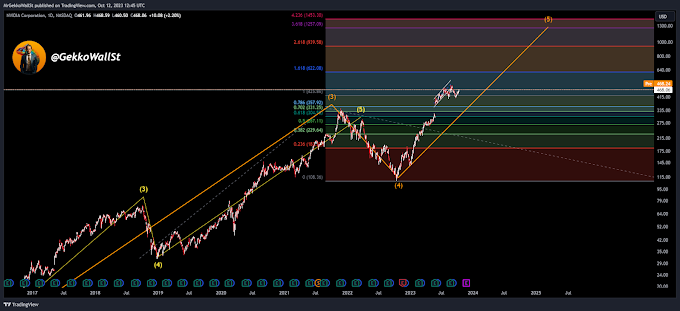Cryptocurrencies are digital forms of money that use encryption to ensure transaction security and control the creation of new units. They are decentralized, meaning they're not controlled by any central authority, like a government or a bank. Instead, cryptocurrencies operate on a peer-to-peer (P2P) network, where network participants play an active role in validating and recording transactions.
The most well-known and first-created cryptocurrency is Bitcoin, introduced by an individual (or group) using the pseudonym Satoshi Nakamoto in 2009. Since then, many other cryptocurrencies have been developed, each with their own characteristics, goals, and underlying technologies. Some popular examples include Ethereum, Ripple, Litecoin, Cardano, and many others.
Cryptocurrencies function on a technology called blockchain, which is a public record of all transactions ever made with the cryptocurrency. This ensures transparency and transaction security, as each transaction is validated and recorded by multiple participants on the network.
Cryptocurrencies can be used for various purposes, such as money transfers, investments, execution of smart contracts, and even as a form of payment at accepting establishments. However, they can also be volatile in terms of value, which means their prices can fluctuate significantly in a short period of time.
It's worth noting that the use and regulation of cryptocurrencies vary from country to country, and understanding and getting involved in this market requires caution and research due to its relatively new and ever-evolving nature.





